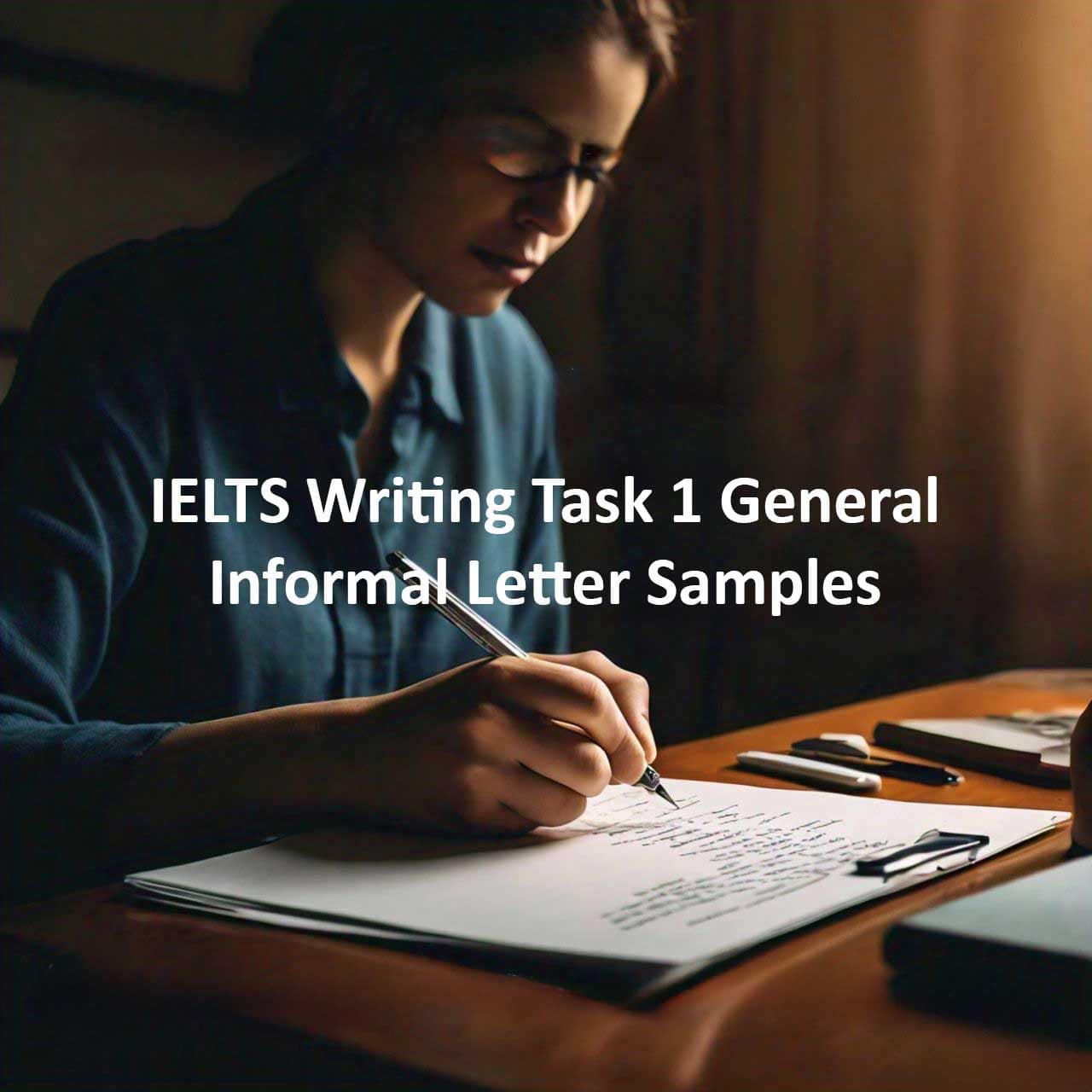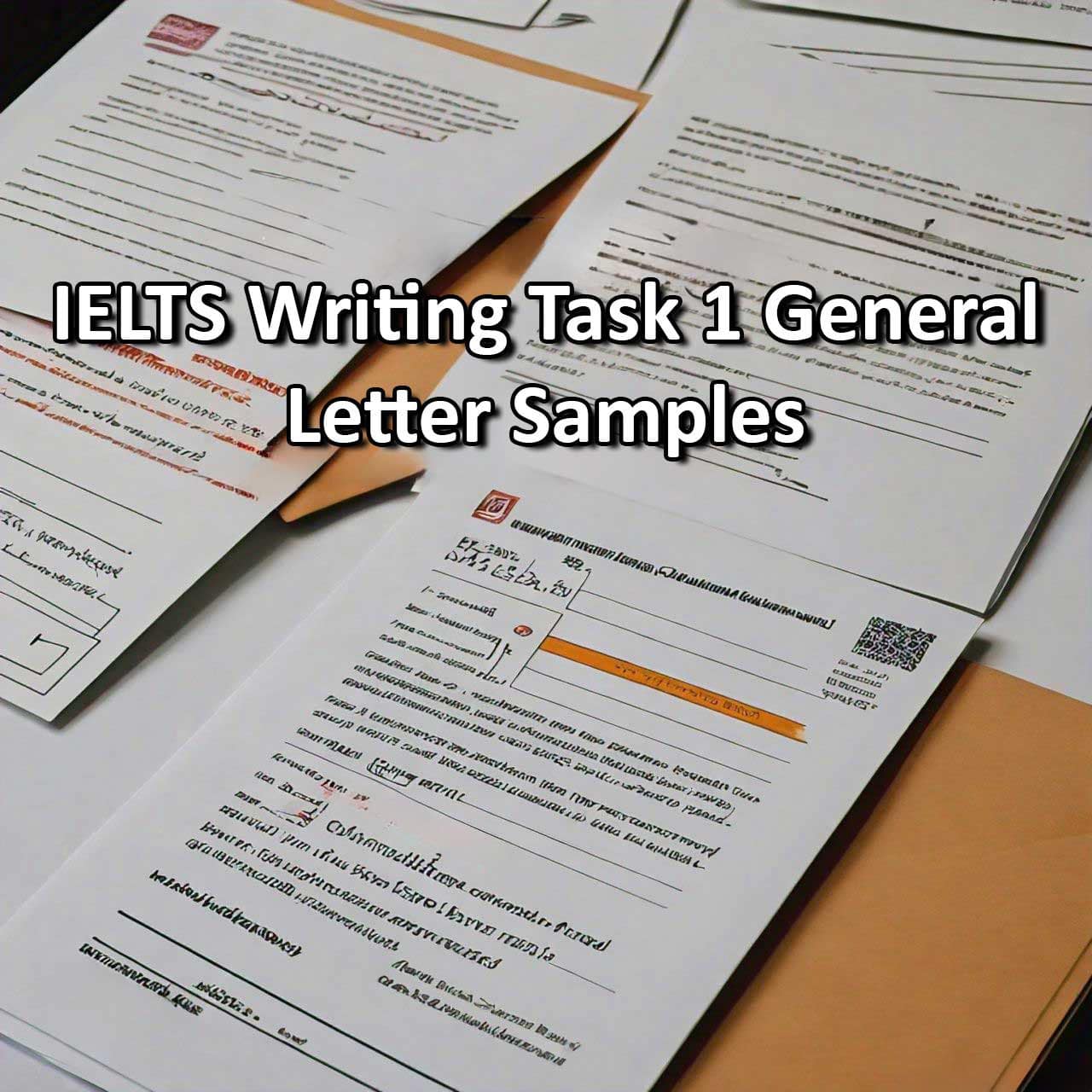The IELTS Writing test is an integral part of the IELTS exam, assessing your ability to articulate ideas clearly and coherently in written English. One of the key aspects that can elevate your writing score is the effective use of complex sentences. In this blog post, we will explore the importance of complex sentences, how to construct them, and tips for incorporating them into your IELTS writing tasks.
Table of Contents
Understanding Complex Sentences
Complex sentences are sentences that contain one independent clause and at least one dependent clause. An independent clause can stand alone as a sentence, while a dependent clause cannot. The use of complex sentences allows you to express more nuanced and detailed ideas, demonstrating a higher level of language proficiency.
Example:
– Simple Sentence: I went to the market. I bought some fruits.
– Complex Sentence: I went to the market because I needed to buy some fruits.
Why Use Complex Sentences in IELTS Writing?
1. Demonstrates Language Proficiency: The ability to use complex sentences effectively shows that you have a good command of English grammar and can convey intricate ideas.
2. Enhances Coherence and Cohesion: Complex sentences help link ideas more smoothly, improving the flow and coherence of your writing.
3. Meets Higher Band Descriptors: The IELTS band descriptors for higher scores specifically mention the use of a variety of complex structures. Using them correctly can boost your score in the Grammatical Range and Accuracy criteria.
Constructing Complex Sentences
To build complex sentences, you need to understand how to use subordinating conjunctions, relative pronouns, and other grammatical tools. Here are some common methods:
1. Subordinating Conjunctions
Subordinating conjunctions introduce dependent clauses. Common subordinating conjunctions include because, although, if, when, since, and while.
Examples:
– Because it was raining, we canceled the picnic.
– Although she was tired, she finished her homework.
2. Relative Clauses
Relative clauses provide additional information about a noun. They are introduced by relative pronouns such as who, which, that, whose, where, and when.
Examples:
– The book that I borrowed from the library is fascinating.
– She is the teacher who inspired me the most.
3. Using Noun Clauses
Noun clauses can act as a subject, object, or complement in a sentence. They often start with words like that, what, how, and why.
Examples:
– What he said was surprising.
– She explained why she was late.
Tips for Using Complex Sentences in IELTS Writing
1. Vary Sentence Structures
Avoid using the same type of complex sentence repeatedly. Mix it up with different structures to showcase your grammatical range.
2. Ensure Clarity
While complex sentences can enhance your writing, they should not make your text difficult to understand. Ensure that your sentences are clear and that the relationship between clauses is easy to follow.
3. Practice Combining Sentences
Take simple sentences and practice combining them into complex sentences. This exercise will help you become more comfortable with creating complex structures.
4. Use Appropriate Punctuation
Correct punctuation is essential for clarity. Use commas to separate clauses when necessary, especially after introductory dependent clauses.
Examples:
– When the bell rang, the students rushed out of the classroom.
– The man, who was wearing a blue jacket, looked familiar.
5. Review and Edit
After writing, review your essay to ensure that you have used a variety of sentence structures and that your complex sentences are grammatically correct.
Practice Exercise
Transform the following simple sentences into complex sentences:
1. She loves reading. She spends a lot of money on books.
2. I missed the bus. I had to walk to work.
3. He didn’t study for the exam. He failed it.
Answers:
1. She loves reading, so she spends a lot of money on books.
2. Because I missed the bus, I had to walk to work.
3. He failed the exam because he didn’t study for it.
Conclusion
Mastering the use of complex sentences is a crucial skill for achieving a high score in the IELTS Writing test. By understanding how to construct and appropriately use complex sentences, you can enhance the clarity, coherence, and sophistication of your writing. Practice regularly, review your work, and pay attention to grammatical accuracy to make the most of this powerful writing tool. Good luck with your IELTS preparation!



